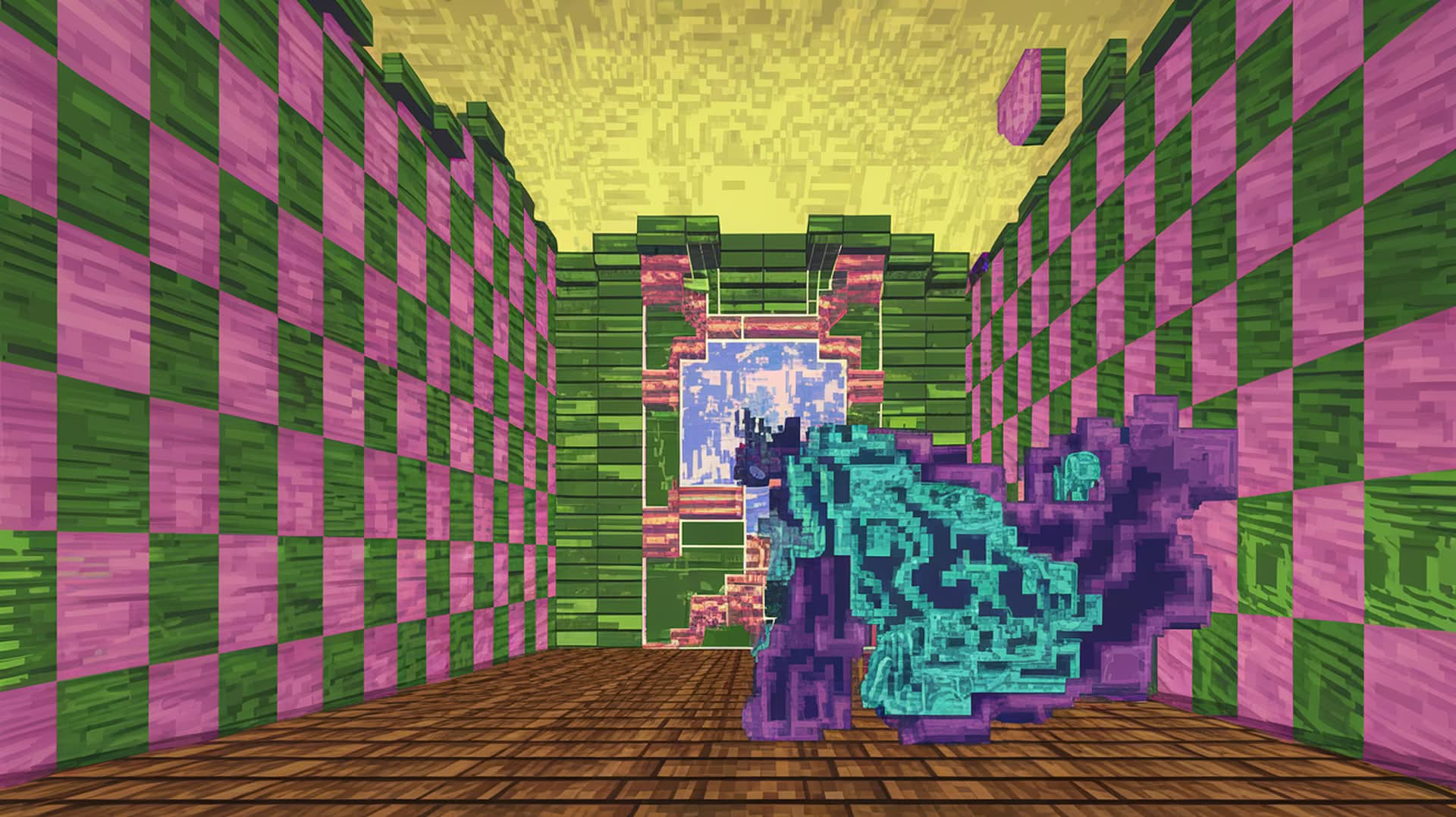GameNGen is capable of creating an AI Doom game

Google researchers have achieved a significant milestone in AI by developing a neural network capable of creating an AI Doom game, named GameNGen.
The system, named GameNGen, represents a major advancement in AI, producing playable gameplay at 20 frames per second on a single chip.
Start of a new era with AI DoomGameNGen marks a groundbreaking achievement as it’s the first AI-powered game engine capable of simulating a complex video game with high-quality graphics and interactivity. Unlike traditional game engines that rely on meticulously coded software to manage game states and render visuals, GameNGen autonomously simulates the entire game environment using a generative diffusion model.
GameNGen to change the gaming industryThe transition from traditional game engines to AI-driven systems like GameNGen has the potential to revolutionize the $200 billion global gaming industry. By eliminating the need for manually programmed game logic, AI-powered engines can significantly reduce development time and costs.
Data-driven design: The science behind the most engaging games
This technological shift could democratize game creation, enabling smaller studios and even individual creators to produce complex, interactive experiences that were previously unimaginable.
Beyond cost and time savingsAI-driven game engines could open the door to entirely new genres of games, where the environment, narrative, and gameplay mechanics dynamically evolve based on player actions. This innovation could reshape the gaming landscape, moving the industry away from a blockbuster-centric model towards a more diverse and varied ecosystem.
Broader implicationsThe potential applications of GameNGen extend far beyond gaming. Its capabilities suggest transformative possibilities in industries such as virtual reality, autonomous vehicles, and smart cities, where real-time simulations are essential for training, testing, and operational management.
Challenges and future directionsWhile GameNGen represents a significant step forward, it also presents challenges. Although it can run Doom at interactive speeds, more graphically intensive modern games would likely require much greater computational power. Additionally, the current system is tailored to a specific game (i.e., Doom), and developing a more general-purpose AI game engine capable of running multiple titles remains a tough challenge.
 (Image credit)
The future of gaming
(Image credit)
The future of gaming
Nevertheless, GameNGen is a crucial step towards a new era in game engines—one where games are not just played by AI but also created and powered by it. As AI continues to advance, we may be on the cusp of a future where our favorite games are born not from lines of code, but from the boundless creativity of machines.
This development also opens up exciting possibilities for game creation and interaction. Future games could adapt in real-time to player actions, generating new content on the fly. AI-powered game engines might also dramatically reduce development time and costs, potentially democratizing game creation.
As we stand on the brink of this new era in gaming, one thing is clear: the lines between human creativity and machine intelligence are blurring, promising a future of digital entertainment we can scarcely imagine. With GameNGen, Google researchers have given us an exciting glimpse of that future—a world where the only limit to our virtual experiences is the imagination of AI.
Featured image credit: Emre Çıtak/Ideogram AI
